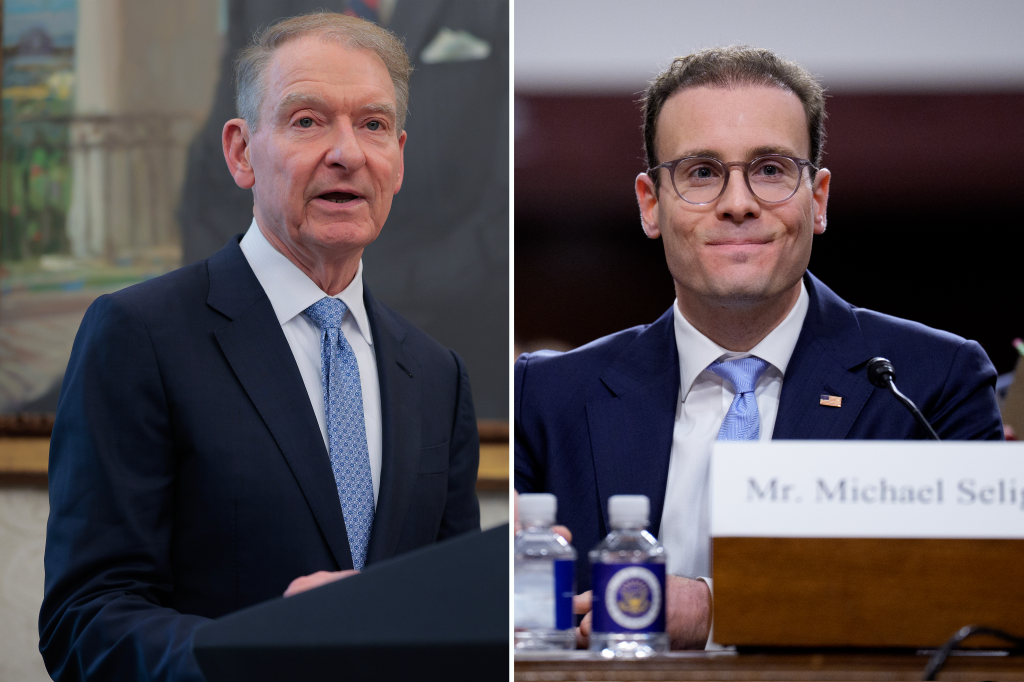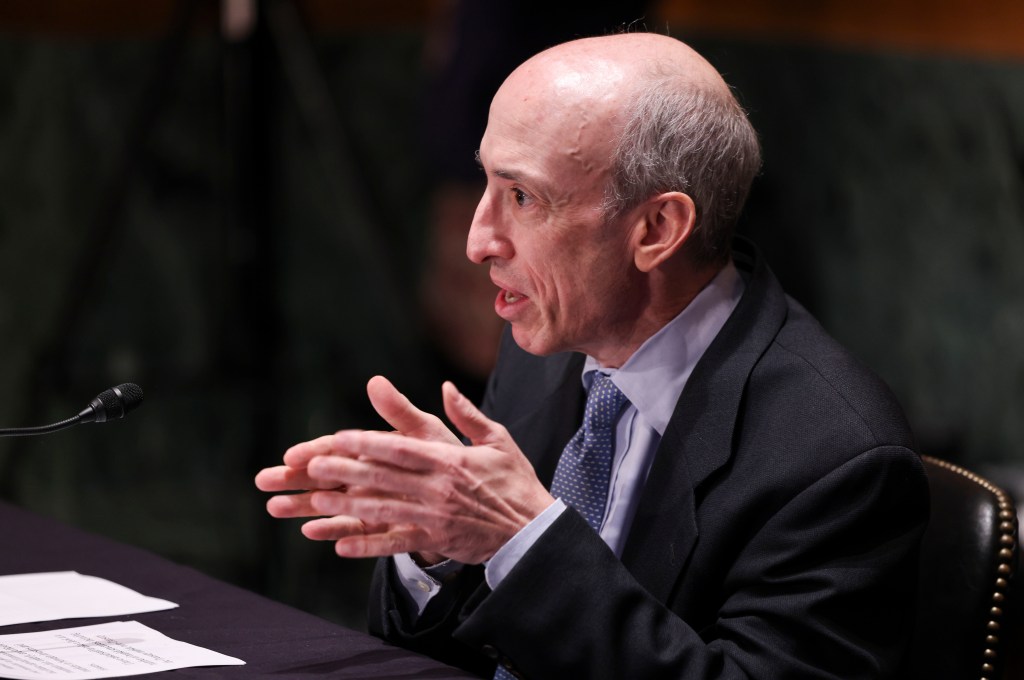It was a busy day for the Securities and Exchange Commission (SEC) on December 14 as the regulator published a slew of announcements covering the adoption of rule changes, proposals to amend existing regulations, and an attempt to establish a groundbreaking standard on best execution.
Amendments modernizing Rule 10b5-1 in order
Register for free to keep reading
To continue reading this article and unlock full access to GRIP, register now. You’ll enjoy free access to all content until our subscription service launches in early 2026.
- Unlimited access to industry insights
- Stay on top of key rules and regulatory changes with our Rules Navigator
- Ad-free experience with no distractions
- Regular podcasts from trusted external experts
- Fresh compliance and regulatory content every day













